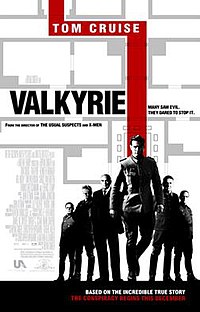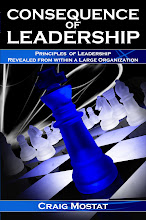If we are not careful, the busy-work will end up ruling our agenda and lives. Busy-work is all that stuff that comes at you continuously that seems to demand your attention. Questions, projects, problems, email messages, meetings, conference calls, can all be examples. Stephen Covey called it urgent but not important. It has been referred to as fire-fighting and being stuck in the weeds.
This past week I found the pull from the busy work particularly strong. Perhaps it was a worldwide phenomenon this week because Seth Godin wrote about this in a blog post today titled Incoming, in which he provided some brutal honesty on how electronic messaging controls us. While I have not completely tamed the busy work monster, I took some steps to beat it back. The main one was actually the simplest – I turned off every alert, ring, vibrate and alarm that went off when I received an email message. Do I really need to be made aware every time I receive a new message? Is an email message more important than anything else I am doing that I should stop and read it? Think of it this way; do you stop conversation with someone whenever someone else walks up or interrupts you? I hope not.
The key to avoiding the trap of busy work is to keep focused on what you are trying to accomplish. Imagine what excellence looks like. Imagine what it looks like when you have accomplished your goals – when it is done. Now, focus on the work that gets you to that goal and push away, divert, delegate and even ignore the busy work. Simple? Yes. I think we need to return to simple.
On another note: a real problem for most is that they have not imagined what excellence looks like – they have never pictured the end – and is the reason why busy-work controls so many.








